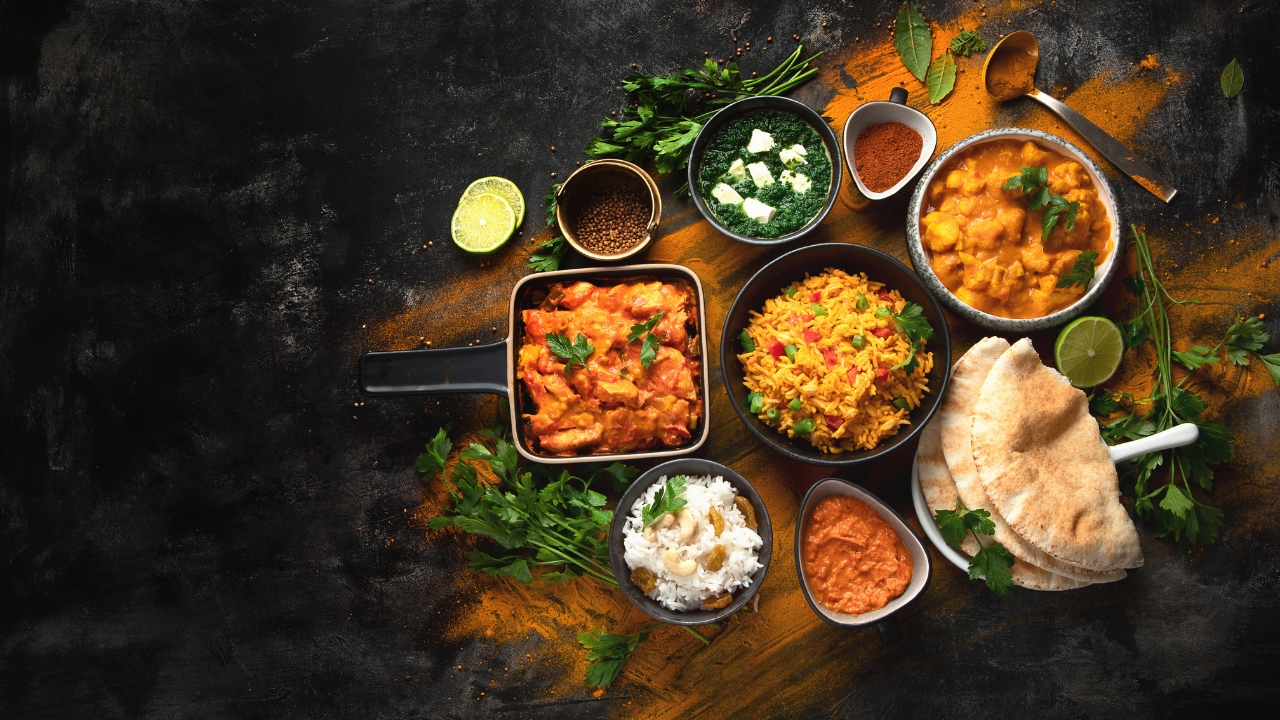AA
Text Size
- Small
- Medium
- Large
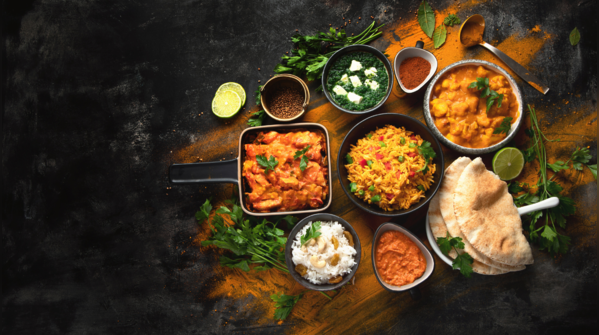
1/7
Are Indian meals healthy?
Indian home-cooked meals have always been associated with love, care, and health. But not everything that’s made at home is automatically healthy. While home-cooking gives us control over ingredients, the traditional way of preparing meals can sometimes lean toward unhealthy choices. Here are five reasons why Indian home-cooked meals might not be as healthy as they seem.
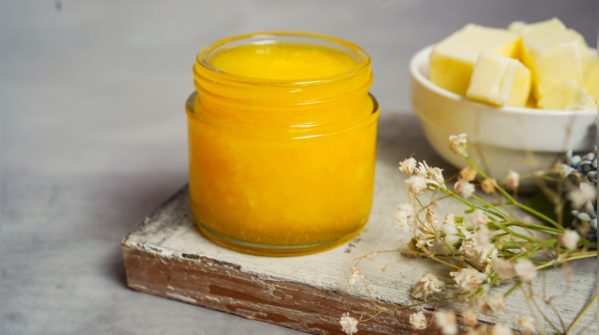
2/7
Overuse of oil, butter, and ghee
Indian cooking is synonymous with generous amounts of oil, butter, and ghee. While these fats of course enhance flavour, they can also pack in unnecessary calories and unhealthy fats. That extra spoonful of ghee on roti or the deep-fried pakoras we love is a one-way ticket to high cholesterol and weight gain.
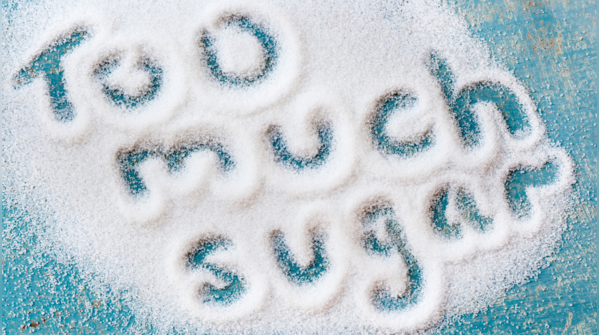
3/7
Excessive sugar in tea, desserts, and everyday foods
The tea-coffee culture in India thrives on sugary beverages consumed multiple times a day. Add to that traditional sweets like gulab jamun or halwa, and even unsuspecting foods like chutneys that are loaded with sugar, and you’ve got a recipe for trouble. Over time, these habits can lead to obesity, diabetes, and other metabolic disorders. Replacing processed sugar with natural sweeteners like jaggery or reducing sugar intake altogether can be a healthier choice.
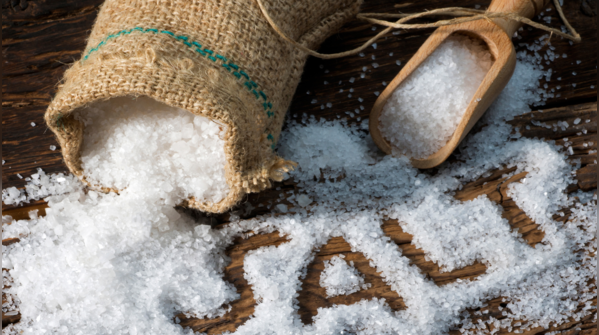
4/7
High levels of salt and sodium
Salt is an indispensable part of this cuisine, but too much of it is a health hazard. Pickles, papads, chutneys, and even everyday curries contain alarmingly high amounts of sodium. Regular consumption of such salty foods can increase blood pressure levels, thereby increasing the risk of heart disease.
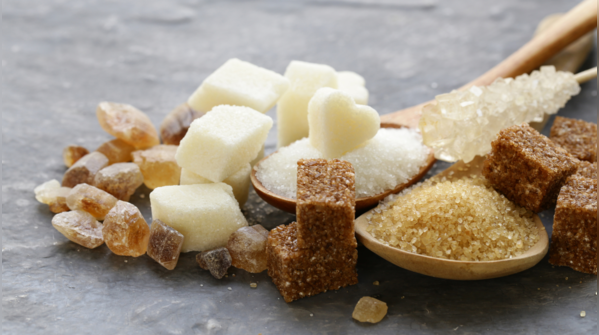
5/7
Over-reliance on refined and processed ingredients
Refined wheat flour (maida), processed sugar, store-bought sauces, and syrups are common culprits in Indian kitchens. These ingredients may make food tastier but strip meals of their nutritional value. A homemade cake made with maida and sugar is not necessarily healthier than a store-bought whole-wheat muffin sweetened with honey. Adding unprocessed alternatives like whole grains and fresh condiments can greatly improve the health quotient of meals.

6/7
Cooking practices that destroy nutrients
Long cooking times, deep frying, and overuse of spices can destroy essential nutrients in vegetables and other ingredients. For instance, overcooked greens lose their vitamins, while fried vegetables gain unhealthy fats. Similarly, heavy spice use, while delicious, can lead to acidity and digestive issues. A simple shift toward steaming, grilling, or sautéing can retain nutrients and improve the overall health value of meals.
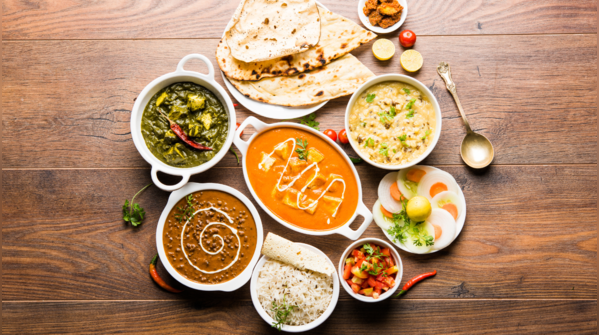
7/7
It’s time to rethink “healthy”
While home-cooked meals have their undeniable advantages, the way they’re prepared can sometimes do more harm than good. It’s not about abandoning traditional cooking but making small, conscious changes—reducing oil, choosing whole foods, and avoiding processed ingredients.
FOLLOW US ON SOCIAL MEDIA
Visual Stories
Bigg Boss
Photostories
I’m Manas Ranjan Sahoo: Founder of “Webtirety Software”. I’m a Full-time Software Professional and an aspiring entrepreneur, dedicated to growing this platform as large as possible. I love to Write Blogs on Software, Mobile applications, Web Technology, eCommerce, SEO, and about My experience with Life.

